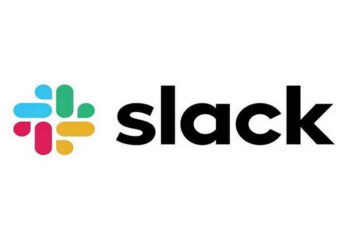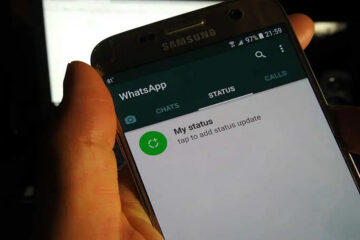Bombay High Court’s Ruling: WhatsApp Group Admins Not Criminally Liable for Group Content

The recent ruling by the Nagpur bench of the Bombay High Court brings clarity regarding the accountability of WhatsApp group administrators for objectionable posts made by group members. Let’s delve into the details of this landmark decision and its implications.
Legal Background
The case involved Kishor Tarone, a WhatsApp group administrator facing charges related to objectionable content posted by a group member. The charges included sections under the Indian Penal Code (IPC) and the Information Technology Act for failing to take action against the offensive content.
Limited Powers of WhatsApp Group Admins
The High Court emphasized that WhatsApp group administrators have limited powers, primarily related to managing group membership. They do not possess the authority to regulate or censor content posted within the group. The court noted that administrators are akin to regular group members, with the exception of membership management capabilities.
Ruling on Vicarious Liability
The crucial aspect of the ruling addressed the concept of vicarious liability for administrators. The court clarified that administrators cannot be held criminally liable for objectionable content posted by group members unless there is evidence of common intention or pre-arranged planning.
Key Observations
The High Court highlighted the functioning of WhatsApp groups, noting that administrators create groups and manage memberships but do not control content before posting. The responsibility for objectionable content lies with the member who posts it, provided the content violates legal standards.
Implications of the Ruling
This ruling sets a precedent regarding the legal responsibilities of WhatsApp group administrators. It underscores that administrators cannot be held accountable for individual posts within the group unless they actively participate in or facilitate objectionable content creation.
Conclusion: Legal Clarity for WhatsApp Administrators
The Bombay High Court’s ruling provides much-needed clarity on the legal standing of WhatsApp group administrators. It reaffirms that administrators are not liable for objectionable content posted by group members, aligning with the platform’s structure and the principles of vicarious liability in legal frameworks. This decision is significant in navigating legal challenges related to online content moderation and group management on messaging platforms.












